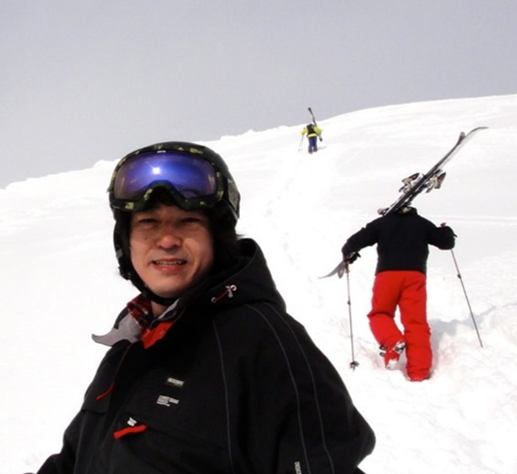IEEE CIS Member Spotlight

Meet: Hisao Ishibuchi, IEEE WCCI 2024 General Chair
What is your title, and place of work? (or Technical Field of Research)?
I am a Chair Professor, currently working in the Department of Computer Science and Engineering, Southern University of Science and Technology (SUSTech) in Shenzhen, China.
How long have you been a member of CIS and what was the reason you chose to join IEEE CIS?
I have been involved in the CIS as a member for more than 30 years (including IEEE Neural Networks Council and IEEE Neural Networks Society). In early 1990s, I registered and attended a number of conferences such as IJCNN 1991-1993, FUZZ-IEEE 1992-1993 and WCCI 1994. One of the important motivations for me to join the Society at that time was the benefit of reduced registration fees.
What Computational Intelligence Society committee do you serve?
Currently, I am an AdCom member (2014-2019, 2021-2023), WCCI 2024 General Chair, and CIS Distinguished Lecturer (2015-2017, 2021-2023). I was Vice-President for Technical Activities (2010-2013), CIM Editor-in-Chief (2014-2019), CEC 2010 Program Chair, CIFEr 2019 General Chair, and SSCI 2022 Program Chair.
What have you learned from your experience and how has it helped you professionally?
I learned from my experiences in various CIS activities that each CIS member has a totally different idea even when we have exactly the same goal such as the improvement of the society’s reputation. When I was CIM Editor-in-Chief, I received a number of suggestions. They always said “CIM can be improved”. Some of them suggested that I should focus on a special type of papers in order to clearly differentiate CIM from the other CIS journals. However, each suggestion emphasized the importance of a different type of papers such as short papers, interdisciplinary papers, real-world application papers, and educational papers. Some others suggested that I should publish more non-technical articles such as interviews, technical activity reports, and advertisements. Even if each individual’s suggestion is reasonable, it is impossible to implement all suggestions. My conclusion is that there is no clear best answer. This is similar to the decision making under multiple objectives. In general, it is impossible to optimize all objectives simultaneously. We need to find a compromise solution. This conclusion is often helpful for me. Usually, I simply do my best in CIS activities without trying to do the best for all members.
What has been the most fun/rewarding thing about being a volunteer for the IEEE Computational Intelligence Society? What have you enjoyed the most?
I think that my first major volunteering experience was Area Chair of IJCNN 1997. Jim Keller (as General Chair) invited me. I had never thought about this position before I received the invitation from him. As a young Japanese researcher, I felt that this role was very difficult for me. Next year, he invited me to be Area Chair of FUZZ-IEEE 1998. After these two experiences, I have received a number of similar invitations. When I received an invitation, I often felt that the suggested role was too difficult for me. However, at the same time, it was not easy to decline the invitation. In this manner, I have been heavily involved in CIS activities. During these experiences, I found that many CIS members helped me a lot. Personally, I think that the most rewarding thing about being a volunteer is to learn that many CIS members are always helpful when I have a difficult role. I am very sure that many CIS members will help me a lot with WCCI 2024. Based on these experiences, I always try to suggest young researchers’ names for volunteer positions of the Society.
Tell us something about you that we don't know.
This year, I am trying to attend conferences as many as possible (EMO, CAI, IJCNN, CEC, GECCO, ...). I am also trying to accept lecture invitations as many as possible. All of them are for publicity activities for WCCI 2024. As a result, I have a lot of travels. For example, in July, I went/will go to Chicago, Xi’an, Lisbon, Zhengzhou, and Osaka. Until the paper submission deadline of WCCI 2024, I will continue to accept almost all lecture invitations. I am always happy to visit your lab on Monday and give a talk for a small audience. My class at SUSTech is on Thursday. So, Monday lectures usually have no conflict with my class teaching. After the paper submission deadline of WCCI 2024, I will start to decline almost all invitations for the preparation of the conference. See you in Japan at WCCI 2024.